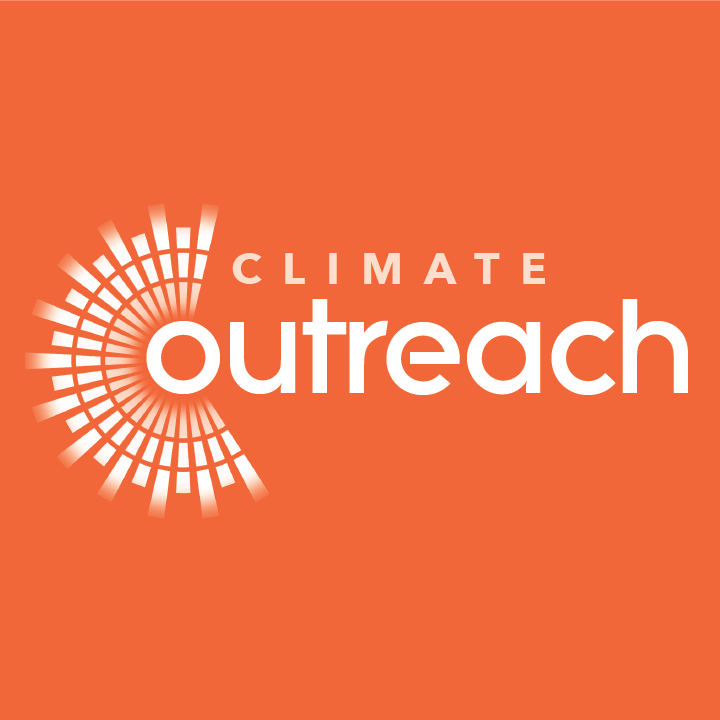Spotlight on fundraising consultancy
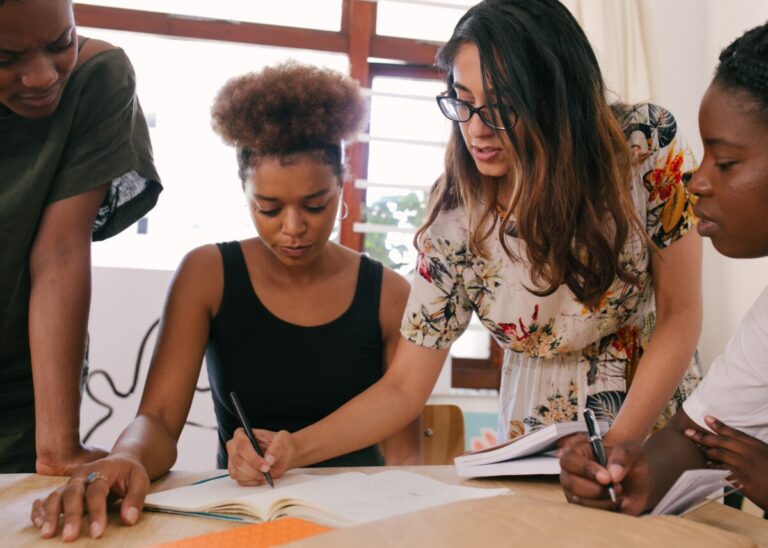
We ask four consultants about their journey into the job, what they think makes a good consultant, and their top tips for anyone considering making the move themselves.
Last week, we talked to fundraising consultants to find out what charities should consider when choosing someone to work with, to ensure they make the right choice for their requirements. This week, we turn the spotlight on fundraising consultancy itself, showing some of the many different routes and reasons that bring people to consultancy, along with advice on how to get into it yourself – and how to be successful.
Advertisement
Jamila Daley-Jeffers, Fundraising and Income Development Consultant, Tabitha’s People
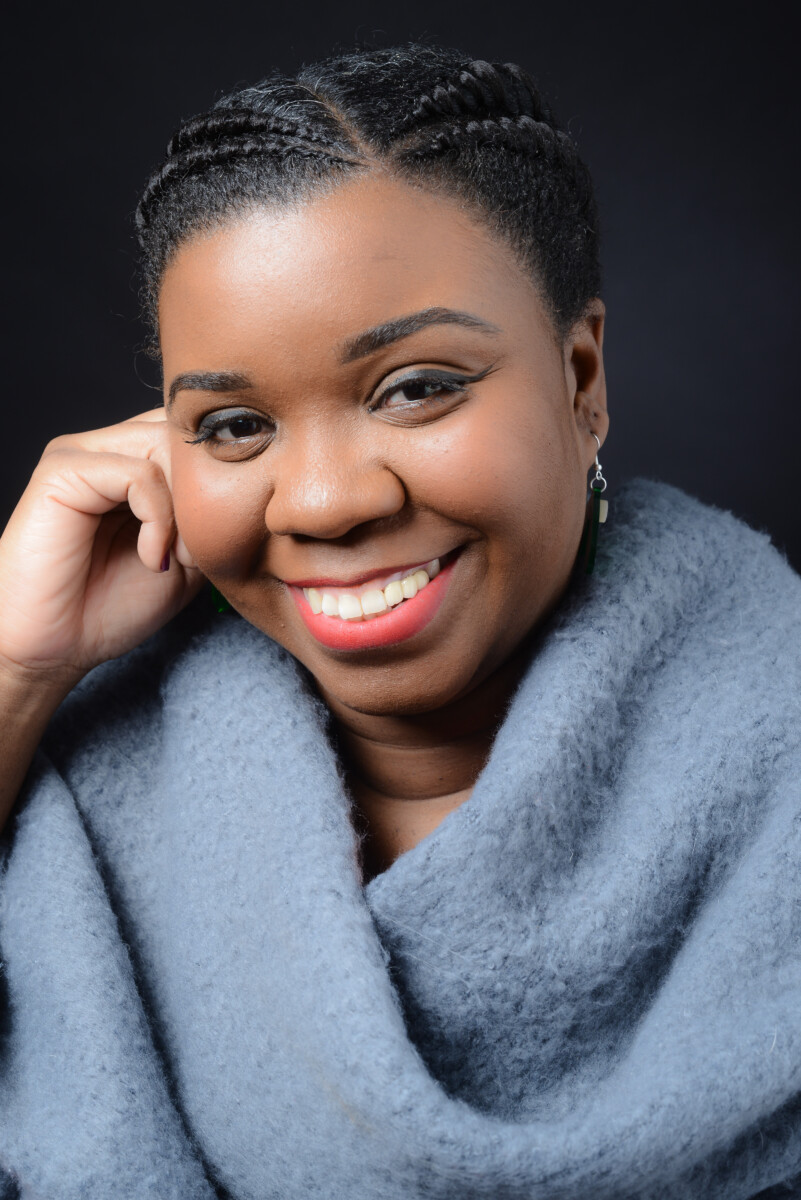
Specialises in: Supporting small charities on fundraising and strategy, with a passion for individual giving.
What was your journey into fundraising consultancy?
“Although I’d been helping out my church and local youth groups with community events since my early 20s, I didn’t realise then that fundraising was a career. So I first worked in schools and corporates before getting the opportunity to work for a small youth charity in an operations and administrative role. Over an 18-month period helping the CEO research trusts and grants I was involved in raising about £180,000, and because there was no one there focused on fundraising, this led to me doing some training with the Foundation for Social Improvement.
“Unfortunately, the charity closed, so I arranged with my church to do some pro bono work and sought other clients. I really enjoyed what I was doing and thought I’d found my niche so went back to the FSI to ask if charities advertised jobs with them. A month later an opportunity for a development officer came up. I managed a whole six weeks before Covid, but the organisation came back nine months later and asked if I would consider being an associate.
“Over six months or so they warp speeded my education by giving me the opportunity to work with over 20 charities across the country on all sorts of fundraising. I got a good idea of what the need and breadth was and secured a few other jobs on my own, including one for a larger national organisation working in prisons, which was a really good experience. It was a job that also gave me the title of fundraiser and that’s what I really wanted. And then I realised that actually, it was a title I’d already had for over three years at this point. I’d already proven myself. I wasn’t an imposter. I was doing this job and I was good at it, so I decided to go freelance.”
What in your view makes a good consultant?
“Some clients will want the support from you so they can learn how to do something themselves in the future, and others will always want somebody to do it for them. The mark of a good consultant is knowing the difference and being able to provide for both.
“A good consultant is also somebody who’s always looking out for new trends, and constantly learning. I spend a lot of time on my own personal CPD (continuing professional development) and invest in myself both in time and financially.
“Active listening is important. So not always just hearing exactly what someone said but digging deeper with clarifying questions to really get to the heart of what is wanted and needed. And also, having some candour – you need to be able to tell people when something they want isn’t obtainable.”
Top tips for anyone considering making the move themselves?
“Firstly, build a really good network. This will help you with finding referrals, or infrastructure organisations that are prepared to train or invest in you to increase your skill level. You could also offer out some small bits of support to organisations to help you cut your teeth.
“Working for yourself is very different from working for an employer. As a consultant I’m actively able to choose who I work with and the projects I’m working on, so it’s about finding out what you really enjoy doing, where your skillsets lie and, and then just going for it.”
Rebecca Elcome, Managing Director and Co-founder, Coveted Creates
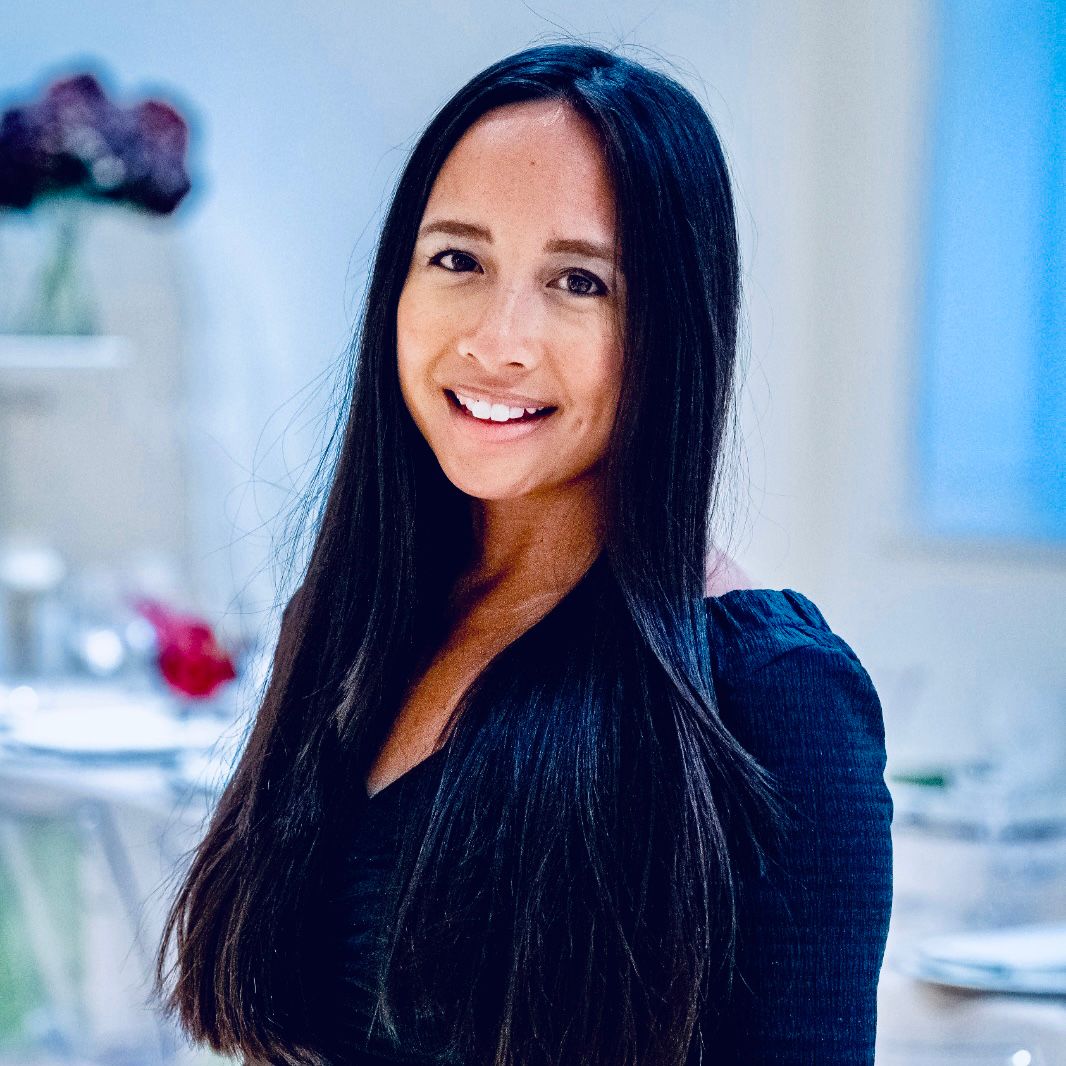
Specialises in: Events fundraising – specifically special events: galas, dinners, and other events targeting high net worth individuals.
What was your journey into fundraising consultancy?
“I was in-house at organisations including The Children’s Society and Great Ormond Street Hospital Children’s Charity in an events capacity, sitting within philanthropy or major donor teams, and then took an interim role at Sparks (now part of GOSH Charity) as Head of Events. At the end, they created a new interim role for me – Head of Business Development – which I really enjoyed but I’d always had it in mind that I’d love to consult.
“The nature of events means you often end up working on the same calendar year on year, and consulting was a way of combatting that for me. I was very fortunate: I saw a couple of contract roles advertised, made the move pretty quickly and have consulted now for about 10 years. I’ve always felt strongly about building relationships and the majority of the work has come through introductions and recommendations. Covid of course was a real bump in the road for events, but again I was fortunate. I had an opportunity with the Resource Alliance (a client at the time) to take on a permanent role while continuing my consultancy work alongside it. So during Covid I did four days there, and one day consulting, and then as we came out of Covid I flipped back to consultancy.
“Most of what I work on is half a million plus in income and at the end of 2021 as everything opened back up, demand was so high for those special events that I was having to turn jobs down. Reconnecting with two guys I’d worked with over the years in different capacities and telling them this, they said: “Well, why don’t you take the plunge and build it out into a more formal agency”? So that’s what I’ve been doing for the last 14 months.”
What in your view makes a good consultant?
“You need to be able to immerse yourself in the organisation: to really understand it and feel like an extension of the team whilst also remaining objective – that’s really valuable.
“A big part of being a good consultant is listening and understanding the need, and having really clear, defined objectives. Where relationships break down sometimes, it’s often about communication and transparency around objectives and deliverables. It’s really important to keep communication channels open.
“It’s also important to ensure the chemistry with a client is right at the outset – whether you find that out through a trial period, an interview, or a workshop. It’s okay to say this isn’t working and to walk away. The key on both sides is to have that openness and transparency.”
Top tips for anyone considering making the move themselves?
“Don’t wait for the perfect time. One piece of work up your sleeve can be enough to get you started.
“Network – it’s really important to build those relationships, and to have a sense of where that pipeline of work is going to come from. I’ve had work consistently all the way through but it’s not luck or fortune: it’s because I’ve built a network, invested heavily in those relationships, and not been afraid to say this is what I’ve achieved. You’ve got to feel comfortable and confident in talking about yourself.
“Absolutely have long-term objectives but it’s an ever-changing market so don’t look too far ahead. Don’t pressure yourself to have all the answers and to grow too quickly.”
Bonnie Clayton, Founder & Senior Fundraising Consultant, Bonnie Clayton Consulting
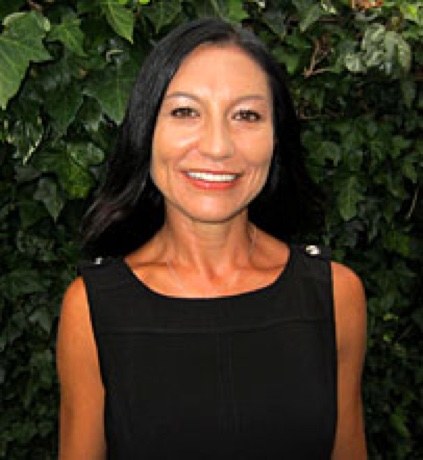
Specialises in: Full service fundraising consultancy. Specialism: corporate fundraising.
What was your journey into fundraising consultancy?
“I had already worked in fundraising for around ten years prior to becoming a fundraising consultant. My roles included Campaigns Manager at the European Children’s Trust, Corporate Fundraising Manager at Scope and Head of Fundraising at Barts and the London NHS Trust. I made a conscious decision in my earlier career to gain experience in different types of not-for-profit organisation and different fundraising disciples to stand me in good stead to be able to become a fundraising consultant.
“My catalyst for making the move was when I became pregnant with my first child back in 2005. I decided that the flexibility of being a freelance consultant would be valuable in terms of bringing up a child, being able to manage my own hours and attend school meetings etc. if required. I was proved right in this respect and 17 years later that first child is completing his last year of A Levels. I haven’t looked back since!
What in your view makes a good consultant?
“I think the ability to multitask, be really organised and disciplined is key! It’s quite different to having a job in one organisation. I tend to allocate specific days to specific clients, but also need to be flexible, as the phone can ring or an urgent email ping in that requires attention for a different project at any time! Using a database is key to keeping me organised, so I know which tasks I have to complete each day.
“Good consultants also need to get to grips with new causes and projects quickly, and be able to switch between them. One day I might be working on mental health and then the next day, global food poverty, for example! I love the variety my work brings.”
Top tips for anyone considering making the move themselves?
“Top tips are definitely to network, network, network! In the early days of setting out as a consultant, it’s vital to be plugged into the sector, kept abreast of trends, plus attend webinars, events and conferences. LinkedIn is super useful, as are free resources such as groups for consultants on Facebook.”
Sarah Goddard, Public Fundraising Specialist, Fundraiser Sarah
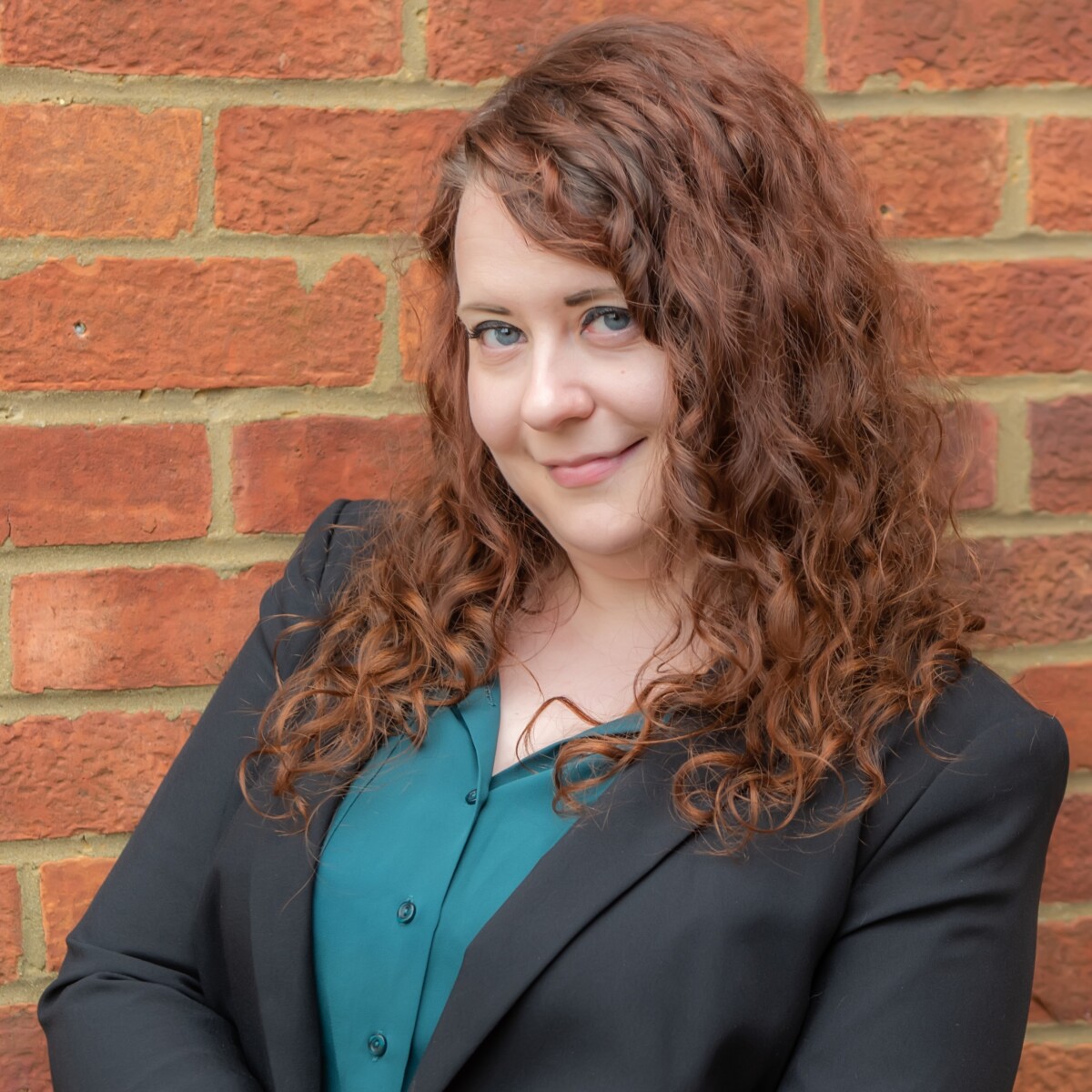
Specialises in: Public fundraising including everything across community, events, and individual giving.
What was your journey into fundraising consultancy?
“I’d always been in-house, working across events, community, and individual giving – working my way up to a senior Head of level in a number of teams. Then unfortunately in one role I had a not very pleasant boss and ended up leaving – with no plan, no savings, no job and no desire to go and want to work with people like that again. I had a really wonderful mentor at the time who had an inquiry for coaching a community fundraiser and said she thought I’d be brilliant at it.
“So I went from there: got some business cards printed, networked the heck out of things, chatted to lots of people and just fell into it. And then nine months into freelancing the global pandemic hit. Luckily, I found a really wonderful interim role, and came out the other side when people were starting to bring fundraisers on board again. And that was the point where I really solidified into specialising in public fundraising.”
What in your view makes a good consultant?
“If I have a client or potential client come to me and I realise I’m not quite the right person for this, I’m always really happy to say what I can do and recommend someone with the other skillsets. I think a good consultant has a lack of ego and can recognise when they’re the best person for something, and when they’re not. And when working with a client, it’s about being really honest and listening, because you’ve absolutely got to work in collaboration.
“It’s also about building up the client’s skillsets and knowledge as much as delivering the work because that’s going to make the whole sector stronger. If I work with a client and it builds their confidence, skillset, and knowledge, and they don’t then need to hire me again because they can do it in-house, I’ve done a really good job.”
Top tips for anyone considering making the move themselves?
“Do it with a smidge more planning than I did. It doesn’t have to be six months or a year, but somewhere between overnight and six months is probably a good balance. Do a bit of thinking about what’s the right fit but you don’t have to have it all mapped out to start.
“Do some benchmarking on rates and don’t undersell yourself. Be aware too of how long you’ve been freelancing and don’t be slow to increase your rates as you become more experienced.
“And don’t calculate your day rate based on a salary. It works very differently. You’ve got to factor in holiday and pension, business development days, your own training and annual leave, and sick days, and you’re also not charging for your time – you’re charging for your value. So it might take you a few hours to write that bit of copy or two days to pull together that report, but it’s taken you 10, 15 or 20 years to know how to do it to that level of skill, and that’s the big thing to balance as a consultant.”





